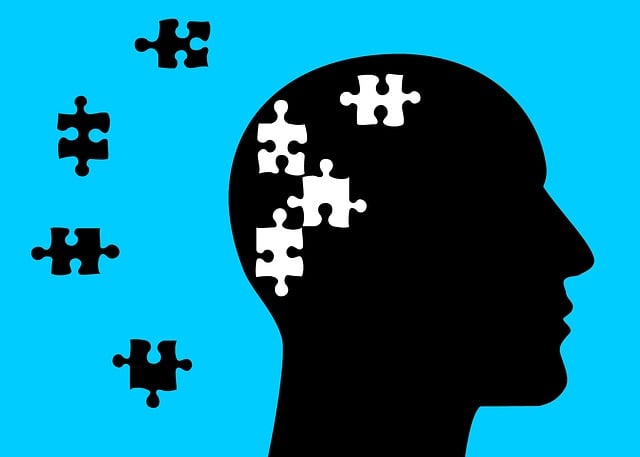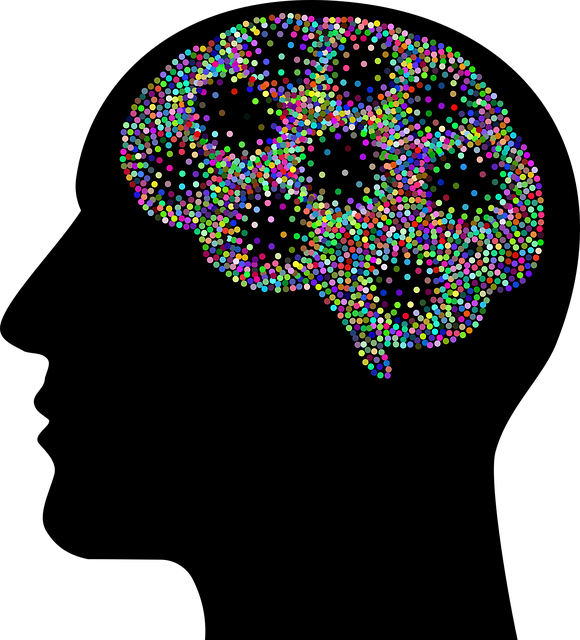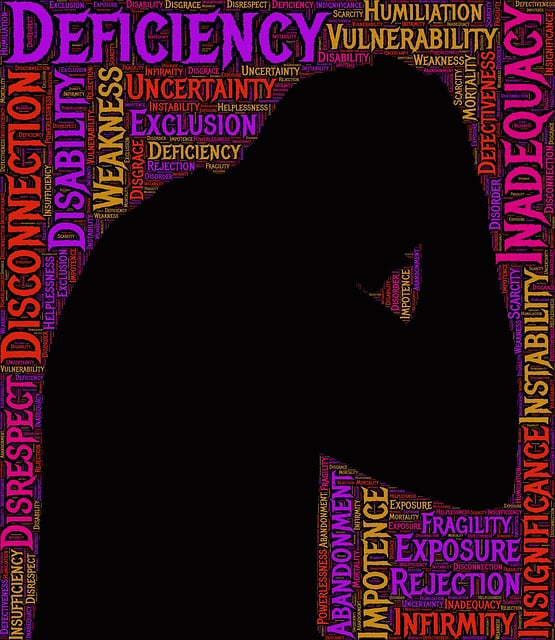Parker Eating Disorders Therapy emphasizes the power of positive thinking as a core strategy in treating eating disorders and improving mental health. They offer tailored exercises that cultivate optimism, focus on strengths, and reframe negative thoughts, reducing stress and enhancing resilience. Their cognitive restructuring technique, culturally sensitive approach, and diverse program offerings (Social Skills Training, Trauma Support, Community Outreach) empower clients to overcome disordered eating behaviors and promote self-acceptance. Success is measured through specific goals, self-assessment, feedback, and data analysis, ensuring interventions remain effective for each individual's unique needs and cultural background.
Positive thinking exercises are transformative tools in enhancing mental health, particularly relevant in treating eating disorders. This article delves into the power of cognitive restructuring as a key component of Parker Eating Disorders Therapy. We explore how tailored positive thinking exercises can be designed and implemented effectively to address individual needs. From understanding the impact on mental well-being to measuring success through assessment, these strategies offer a holistic approach for fostering resilience and recovery.
- Understanding Positive Thinking and Its Impact on Mental Health
- The Role of Cognitive Restructuring in Eating Disorders Therapy
- Designing Customized Positive Thinking Exercises for Individual Needs
- Implementing the Exercises: Strategies for Effective Delivery
- Measuring Success and Tracking Progress: Assessing Positive Thinking Interventions
Understanding Positive Thinking and Its Impact on Mental Health

Positive thinking is a powerful tool that can significantly influence mental health and overall well-being. It involves cultivating optimistic attitudes, focusing on personal strengths, and reframing negative thoughts into more positive ones. This simple yet profound practice has been shown to reduce stress levels, improve mood, and enhance resilience in individuals struggling with various challenges, including anxiety and eating disorders, as highlighted by Parker Eating Disorders Therapy.
By integrating positive thinking exercises, individuals can develop coping skills that enable them to navigate life’s ups and downs more effectively. Public awareness campaigns focused on promoting positive thinking have gained traction, recognizing its potential to create a sense of mental fortitude. These initiatives emphasize the importance of self-reflection, gratitude practices, and affirmations to foster Anxiety Relief and promote a healthier mindset.
The Role of Cognitive Restructuring in Eating Disorders Therapy

Cognitive Restructuring is a cornerstone technique within Parker Eating Disorders Therapy, emphasizing the profound impact our thoughts have on behavior and emotional well-being. This approach aims to challenge and replace negative or distorted thinking patterns that often underlie eating disorders, such as disordered eating behaviors and unhealthy body image perceptions. By identifying and modifying these cognitive distortions, individuals can develop a more balanced perspective, fostering improved mental wellness coaching programs.
Cultural sensitivity in mental healthcare practice is integrated into this process, recognizing the importance of understanding individual experiences within their cultural context. This nuanced approach ensures that Emotional Well-being Promotion Techniques are tailored to meet the unique needs of each client, facilitating a more effective and inclusive therapeutic journey towards recovery.
Designing Customized Positive Thinking Exercises for Individual Needs

Designing Positive Thinking Exercises tailored to individual needs is a powerful strategy, especially for those seeking therapy for eating disorders like those treated by Parker Eating Disorders Therapy. These exercises can be a game-changer in coping skills development and stress reduction methods. By understanding each client’s unique challenges and goals, therapists can create personalized activities that foster positive thinking and emotional resilience.
For instance, for individuals struggling with self-esteem issues related to their bodies, exercises focusing on body positivity and challenging societal beauty standards could be effective. This might involve journaling prompts about personal strengths and achievements unrelated to physical appearance or creating visual collages representing diverse body types and beauty ideals. Such activities contribute to Mental Illness Stigma Reduction Efforts by promoting self-acceptance and a healthier perspective towards one’s body.
Implementing the Exercises: Strategies for Effective Delivery

Implementing positive thinking exercises effectively involves strategic delivery methods tailored to diverse learning styles and participant needs. At Parker Eating Disorders Therapy, we recognize that engaging individuals in activities that cultivate optimism and resilience is a nuanced process. Therefore, our approach includes integrating these exercises into structured therapy sessions, ensuring clear objectives and measurable outcomes. This might involve pairing cognitive-behavioral techniques with interactive group discussions to enhance understanding and encourage open communication.
For instance, our Social Skills Training incorporates positive thinking principles by teaching participants how to reframe negative thoughts and engage in constructive self-talk. Similarly, the Trauma Support Services utilize these exercises to help clients process past experiences and develop healthier coping mechanisms. Furthermore, we leverage the Community Outreach Program Implementation to promote widespread access to these practices, fostering a supportive network that reinforces positive thinking both within therapy settings and in the community at large.
Measuring Success and Tracking Progress: Assessing Positive Thinking Interventions

Measuring success and tracking progress are integral aspects of any positive thinking exercise implementation, especially when considering interventions for issues like eating disorders, as highlighted by Parker Eating Disorders Therapy. Assessing the effectiveness of these programs is crucial to understanding what works best for individuals navigating mental health challenges. One approach involves setting specific and measurable goals aligned with the desired outcomes, such as improved emotional intelligence and reduced stress levels. These goals can be tracked over time using various qualitative and quantitative methods.
Regular self-assessment, feedback from therapists or support groups, and participation in Mental Health Awareness initiatives all contribute to gauging progress. Stress Management Workshops Organization often employs pre-and post-intervention surveys to evaluate changes in participants’ perceptions of stress and their coping mechanisms. By analyzing these data points, professionals can adapt their strategies, ensuring the interventions remain effective and aligned with individual needs. This continuous evaluation process is key to fostering positive change and enhancing overall well-being.
Positive thinking exercises, tailored to individual needs through cognitive restructuring techniques, can significantly enhance recovery journeys for those struggling with eating disorders. As demonstrated by Parker Eating Disorders Therapy, implementing these strategies effectively not only improves mental health but also fosters resilience and a healthier relationship with one’s body. By measuring success through progress tracking, therapists can ensure interventions are tailored to meet each client’s unique needs, ultimately leading to more positive outcomes.














